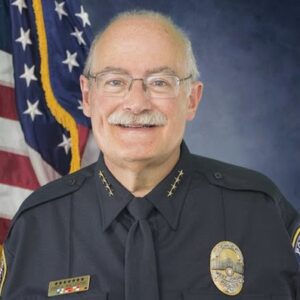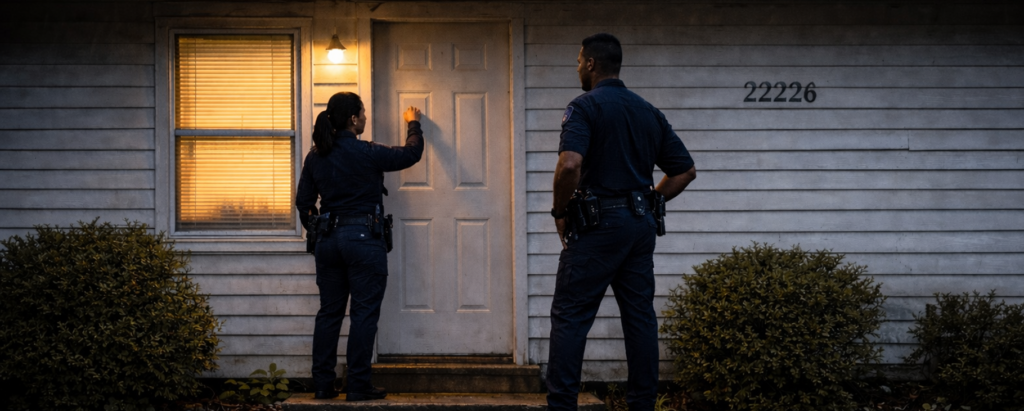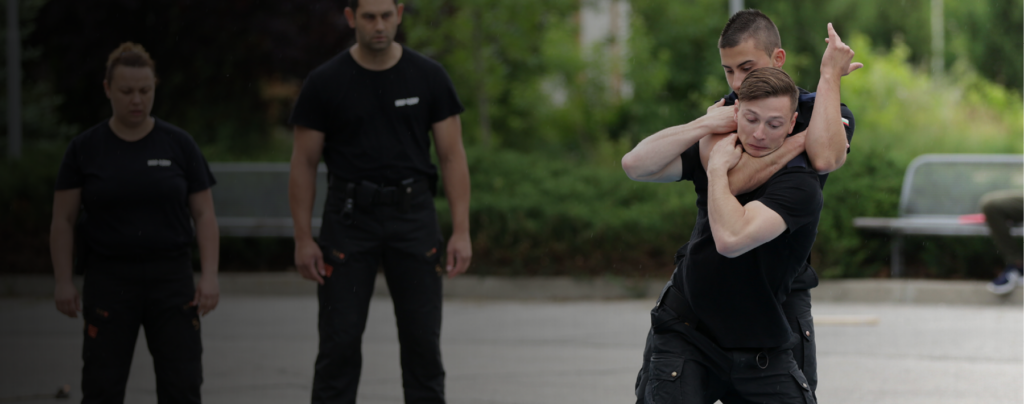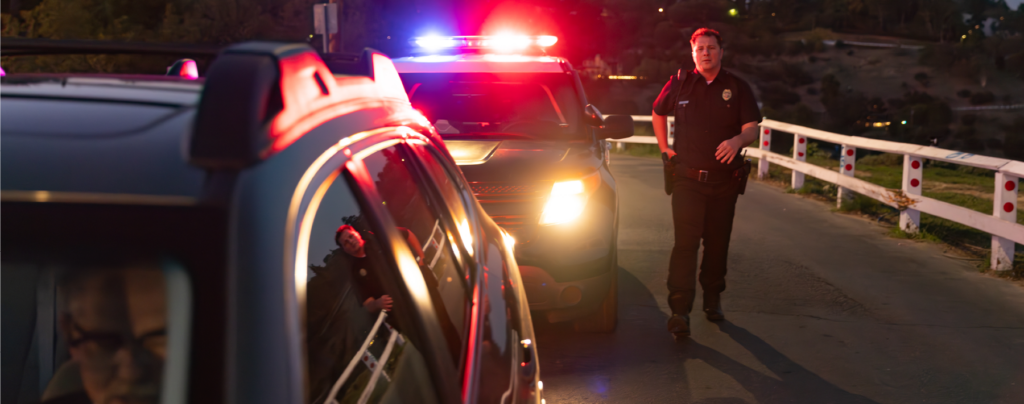Estate of Soakai v. Abdelaziz, 2025 WL 1417105 (9th Cir. 2025)
From the introduction to the court’s opinion: “In the highly unusual circumstances of this case — including plausible allegations that the officers intentionally caused harm for reasons unrelated to any legitimate law enforcement purpose connected to the chase, and that they witnessed the crash yet drove away and later stated that they hoped that the crash caused a fatality — we affirm.”
How could a court reach such a terrifying conclusion?
“The facts alleged in this case are jarring and tragic,” the court states, then reminds readers that it must accept arguably plausible facts as true for the purposes of determining whether qualified immunity applies.
On June 25, 2022, in Oakland, California, Officers Jimmy Marin-Coronel and Walid Abdelaziz of the Oakland Police Department spotted Arnold Linaldi, who they believed had participated in an illegal car rally. Even though the department’s policy authorized high-speed car chases only in cases involving certain violent crimes, the officers began pursuing Linaldi through busy city streets at speeds at speeds up to 100 mph. In another violation of department policy, the officers did not turn on their lights or sirens, nor did they report the chase to the dispatcher. This was a “ghost chase,” an unauthorized pursuit during which officers don’t activate emergency lights, use their sirens or report the chase to a dispatcher or a supervisor.
Timely legal analysis on law enforcement-related cases: SUBSCRIBE NOW!
The plaintiffs claimed the officers intended to cause a crash, and that’s exactly what happened. The pursuit ended when Linaldi plowed into a small crowd at a taco truck. Lolomania Soakai and his family and friends had stopped for food on the way home from a graduation ceremony. Lolomania suffered a direct hit and died of his injuries in front of his mother, Lavinia Soakai, whose back was broken in the collision. Other members of their group — including Daniel Fifita, Ina Lavalu, and Samiuela Finau — also suffered severe injuries.
The officers allegedly saw the crash and drove away. On a body-worn camera, one officer was heard, saying of Linaldi: “I hope he dies.” According to a witness, another officer said “they were satisfied the [suspect] appeared injured and hoped that the [suspect] had died in the crash.” The officers did not notify dispatch or call for emergency medical services. The two officers eventually returned to scene — pretending as if they had only just arrived — but not until they were certain other officers had already responded.
The plaintiffs sued, claiming violation of their constitutional rights by:
- Conducting a high-speed “ghost chase” unrelated to any legitimate law enforcement purpose.
- The officers’ stated intention of harming the fleeing suspect.
- Failing to summon or render emergency services after the crash.
The plaintiffs’ theory of liability is based in the 14th Amendment guarantee of substantive due process, which protects against “executive abuses of power that shock the conscience.”
The trial court denied the officers’ motion to apply qualified immunity and dismiss the complaint. The officers appealed, asserting the plaintiffs did not allege a violation of clearly established constitutional rights.
The appellate court affirmed the trial court’s decision, holding the plaintiffs plausibly alleged a substantive due process claim by asserting the officers conducted the high-speed chase with intent to harm Linaldi, unrelated to any legitimate law enforcement purpose. The court also found the law was clearly established that such conduct was unconstitutional. In addition, the court asserted the officers’ failure to stop and render aid and/or summon emergency services after the crash constituted deliberate indifference to a known danger. Agreeing the plaintiffs plausibly alleged that the officers’ actions violated clearly established law, the court held the officers were not entitled to qualified immunity on this count. It did, however, leave open the possibility of qualified immunity being granted at a later stage, depending on how the facts were conclusively established.
As Will Rogers once said, the problem with common sense is that it “ain’t common.”
One judge dissented, arguing in a lengthy opinion that the officers had not violated any clearly established law. However malicious and immoral the officers’ actions might have been, this panelist asserted there was no controlling judicial opinion that clearly stated it was legally wrong to engage in a ghost chase, ignore a crash into a crowd, and then respond as if uninvolved.
The Oakland Police Department tried to fire Officers Jimmy Marin-Coronel and Walid Abdelaziz. However, now three years after the crash, both men appear to still be at the agency. As Will Rogers once said, the problem with common sense is that it “ain’t common.” This case certainly provides evidence of that observation.
- Blog Articles




